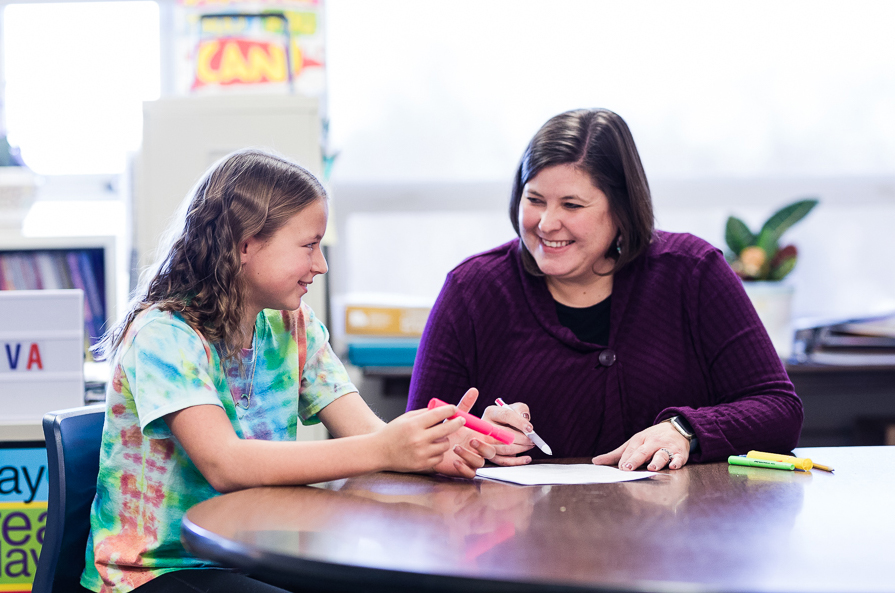
Supporting Your Child with ADHD During the Summer
June 2, 2021
Planning, Organizing, Prioritizing, Initiating: Building Life Skills
June 17, 2021





Have you ever had a conversation with someone and you felt that you were not really heard? I’m sure we have all been there and it can be a very frustrating, and even disheartening, experience. There is no denying we live in an incredibly fast-paced society, and slowing down long enough to have focused and intentional conversations just isn’t always in the cards.
That’s not to say that we don’t hear what a person is saying, but do we really listen to the heart of the conversation...do we superficially listen because we feel we are too busy to truly give our all of our time? Understandably, it can be difficult to let go of our own need to speak or be disengaged because we are mentally formulating our own response. While this is certainly human nature - we are all guilty of this at some point in our lives - it can also be detrimental to establishing strong connections with our children or students.
I recently read a very informative article on one of my go-to websites, Understood.org, in which blogger Amanda Morin gives tips and advice on how to utilize empathetic sentence starters when having conversations with students, but it also easily applies to parents. I particularly loved her point that there is no one right empathetic thing to say - it is more about how you listen and ask for information. Amanda further shares that showing empathy in our conversations with children is important to establishing an environment where children feel safe and are able to thrive.
Amanda gives the following tips to help with creating an empathetic environment for children:

Establishing a safe environment in which students can thrive is at the very core of Springer School and Center’s existence. I am incredibly proud and thankful to be a part of such an amazing educational program that supports the development of the whole child in their educational journey.
Blogger Lisa Bruns, M.Ed., Special Education, shares her expertise of students with learning disabilities. As a special educator, she has expert knowledge of interventions and accommodations that students may need to succeed in and out of the classroom. If you have questions, please contact Center Director Lisa Bruns at .